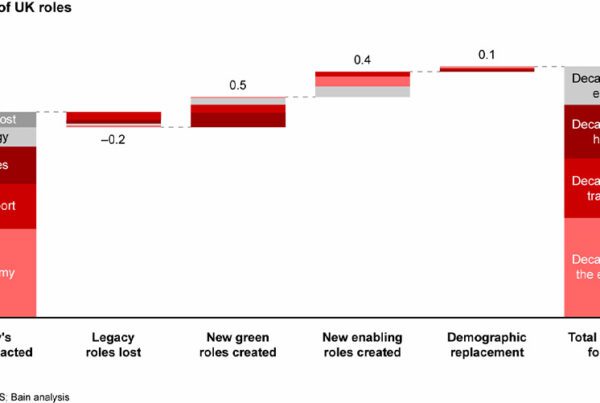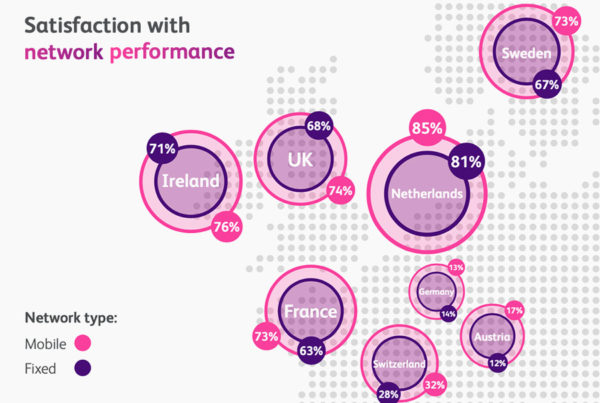Government and business leaders once again stand accused of telling the rest of the world to ‘do as I say, not as I do,’ after it emerged that many of them took short private jets to discuss the global climate crisis last year. As some of the world’s richest and most powerful people once again head to Switzerland for the World Economic Forum, new research has shown that more than half of all flights to the 2022 edition came from within a 750 kilometre radius.
Founded in 1971, the World Economic Forum is an international non-governmental lobbying organisation, based in Cologny, Switzerland. Each year, the organisation hosts its flagship event, commonly known as Davos, in January, with business and world leaders gathering to discuss solutions to an annual theme.
It is backed by some of the world’s largest businesses – and a number of the consulting industry’s heavyweights help shape its agenda each year – while government officials often converge on Davos in their thousands. As a result, it is seen by some as one of the most important economic and political conferences on the calendar. However, there are also many critics who argue that it is simply a talking shop, where people who have played leading roles in creating the crises they pledge to help address, feign concern at key issues such as global poverty, or rising sea levels.

This debate has already resurfaced ahead of the 2023 edition of Davos, thanks to a new analysis by CE Delft on behalf of environmental organisation Greenpeace. The research, released days before the latest summit commenced, points to the hypocrisy of world leaders who flocked to the 2022 event to discuss the climate crisis via short-distance private jet flights.
Speaking on the findings, Maarten de Zeeuw, a Greenpeace aviation expert, commented, “The richest and most powerful people in the world are flying in large numbers to and from Davos this week to talk about climate and inequality behind closed doors. But they travel with the most polluting and exclusive means of transport: the private jet. That is simply shameless.”
“Simply shameless”
Ironically, the theme for the 2022 Davos event was ‘working together, restoring trust,’ which the behaviour of attendees may have somewhat undermined. As leaders spoke extensively on the need to act now on climate change, the CE Delft research found that a 53% majority of private flights to and from Davos that year involved a distance of less than 750 kilometres. These were mostly journeys from Germany, France and Italy which could therefore have also been made by car or train, according to Greenpeace.
This is especially true for flights with a distance of less than 500 kilometres, which was the case for 38% of all private flights to and from the WEF last year. But worse still, the shortest private flight to Davos during WEF 2022 was one of only 21 kilometres. Such leaders, valuing a few hours of their time over the future of the planet, made a grave addition to climate change, according to the study. The analysts suggested that the private flights to and from Davos during the WEF 2022 added up to 9.7 kilotons of CO2 to the atmosphere – the equivalent amount generated by 350,000 passenger cars over the course of a whole week.
De Zeeuw added, “Approximately 80% of the world’s population has never flown, but the climate damage caused by aviation does affect them. And then the WEF claims to embrace the 1.5 degree target from the Paris Climate Agreement. This makes this annual ‘private jet bonanza’ a distasteful lesson in hypocrisy. The so-called world leaders who visit the WEF in Davos should lead by example and not use private jets. These should be banned, just like unnecessary short flights.”
It is a story which will be familiar to followers of the other great white hope of global leaders to address climate change: the COP forums. According to reports, COP27 saw some 400 private jets grace Egyptian airports in November, despite EGYPTAIR offering special flights for all delegates to attend the event. This continued an issue for the summits, which have featured an increasing carbon footprint even as they are criticised for delivering little consequential action on global warming. The UK’s COP26 had previously recorded a 1,02,500 tonne CO2 equivalent in 2021 — four times higher than the one before it.




